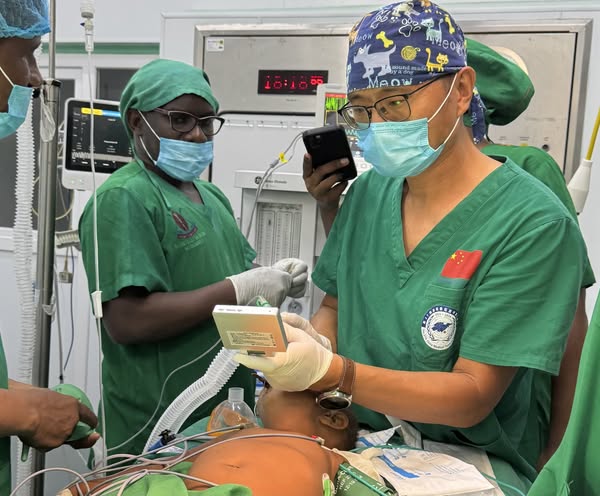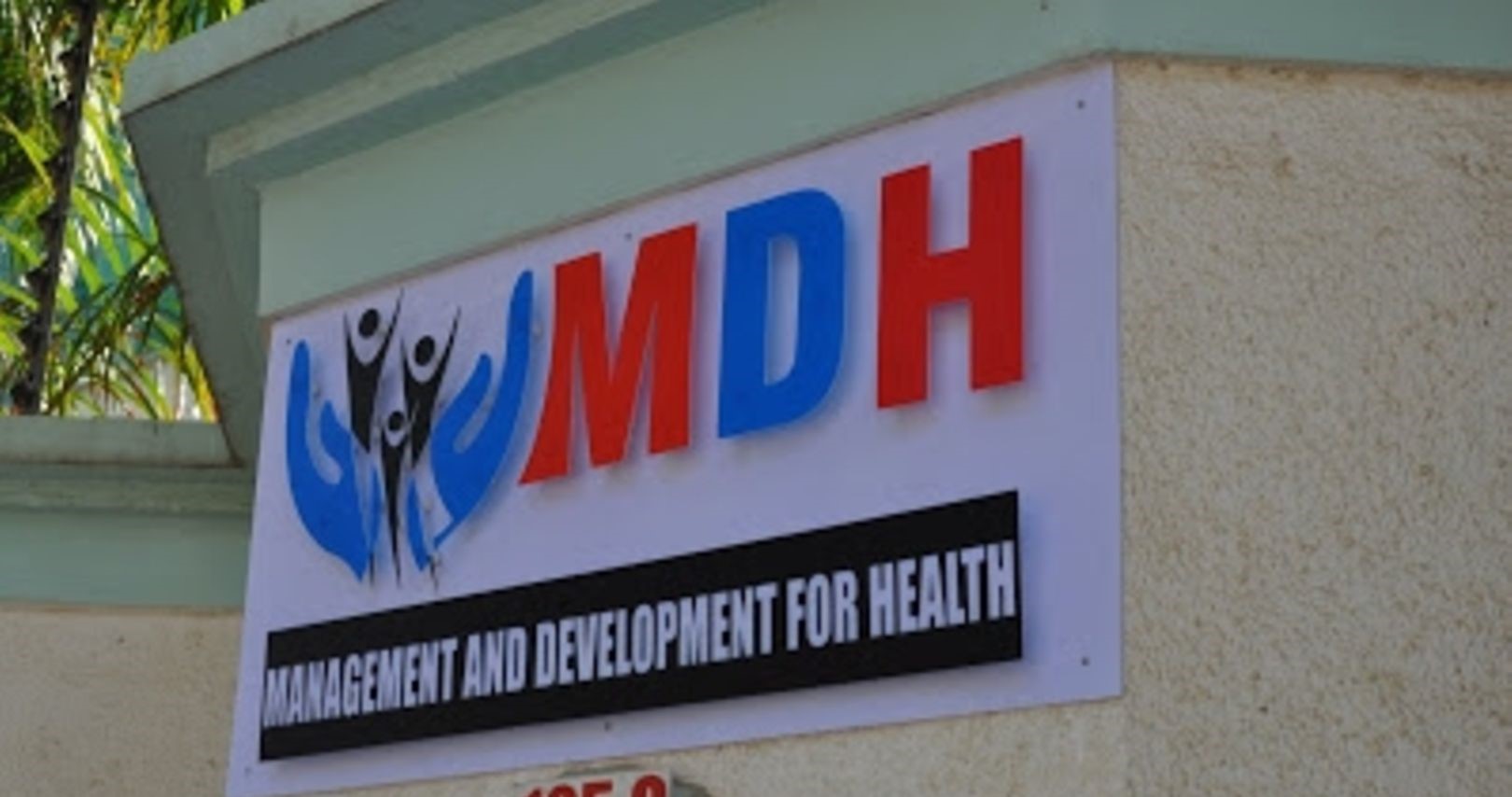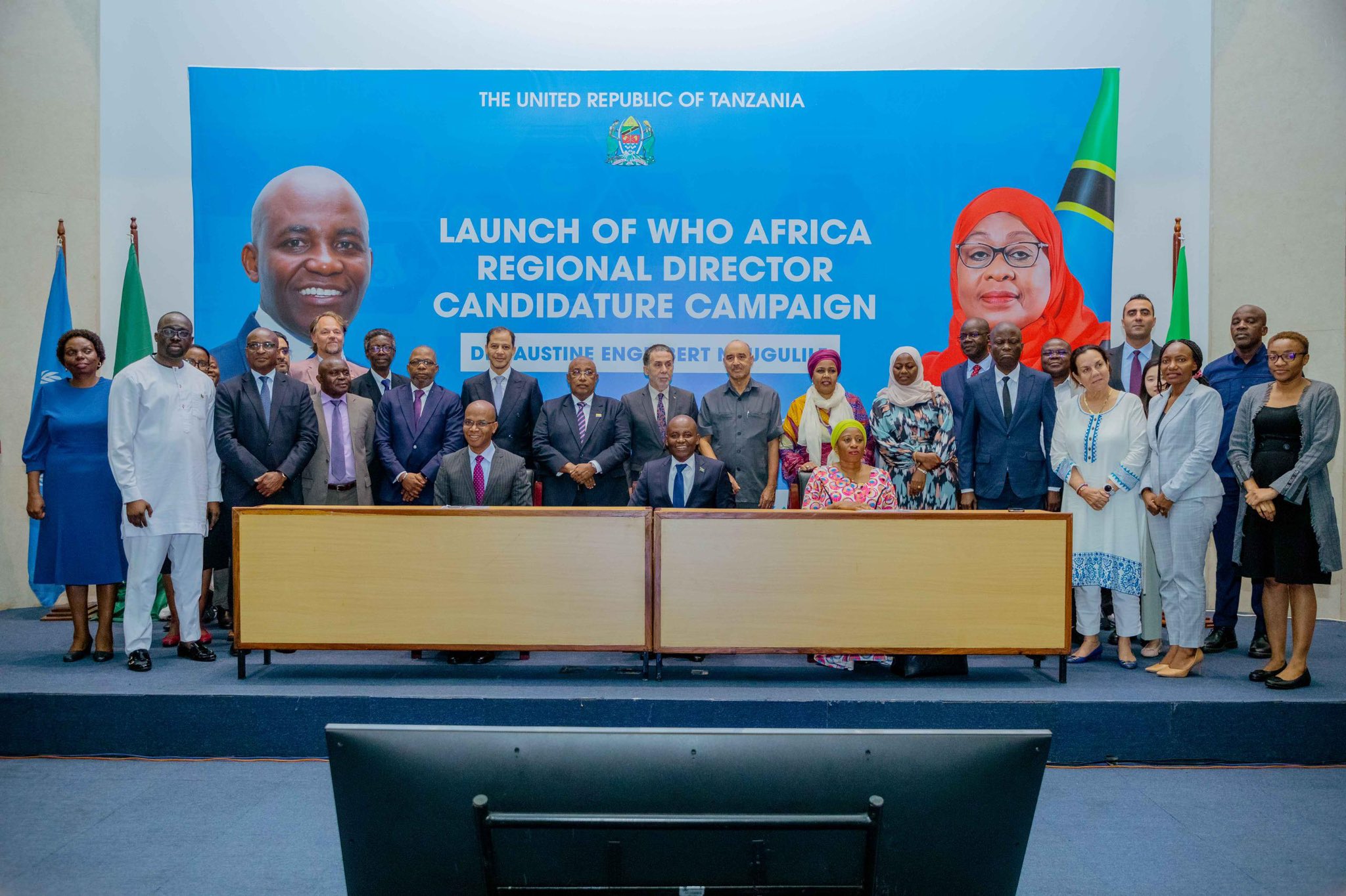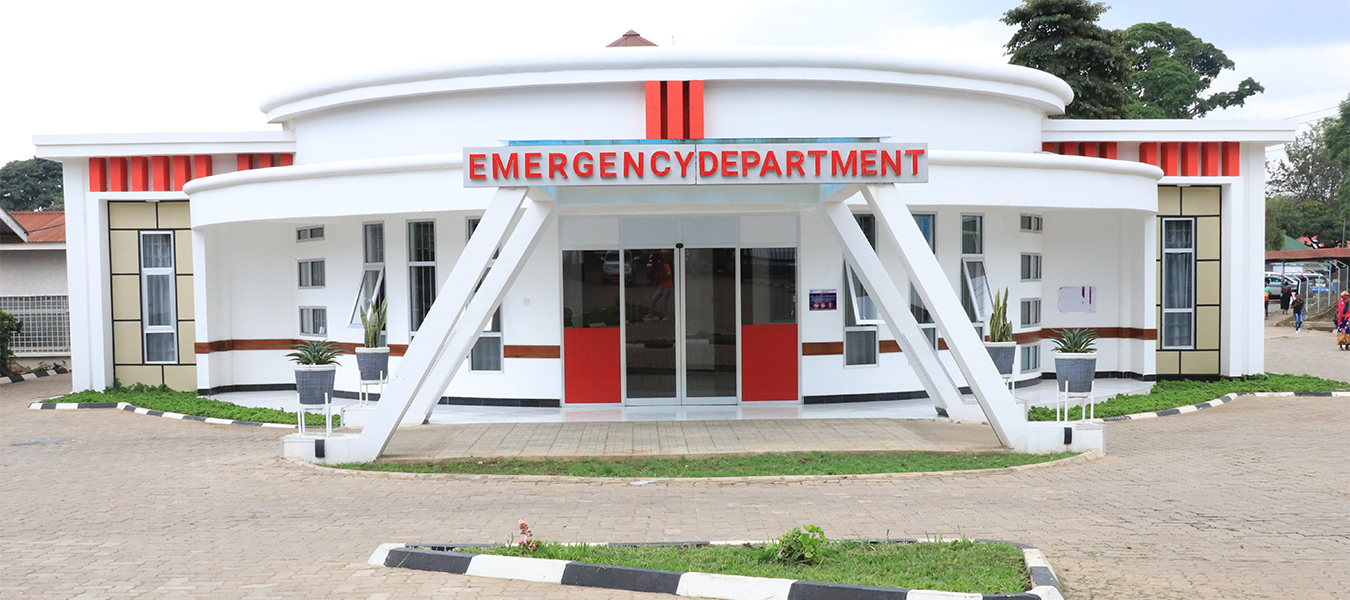A little over a year and a half ago, I transitioned from the familiar role of Head of Department-Internal Medicine at Muhimbili University of Health and Allied Sciences (MUHAS) to the challenging yet rewarding position of Chief Medical Officer (CMO) for Tanzania. Throughout my career, I had dedicated myself to research and treatment in Pulmonology and Infectious Diseases, while also lending my expertise as a Senior Public Health Monitoring and Evaluation Consultant to major Tanzanian institutions. These diverse experiences provided me with a wealth of knowledge and a deep understanding of the factors shaping healthcare practice in our country. Now, as Chief Medical Officer, it’s crucial that I share at this particular moment when physicians across Tanzania are preparing to gather under one roof to ponder on the future of internal medicine.
Medicine is constantly evolving
The world of medicine, much like most other specialties, is in a constant state of change. My colleagues in the field will attest to this. And, I am confident that in the coming few weeks when we meet at the upcoming Physicians Conference in May 2024 at JNICC in Dar es Salaam, to discuss the theme: “Improving the Quality of Healthcare in Tanzania: Opportunities and Challenges for Physicians,” it will be an opportune moment to reflect on the critical role Internal Medicine physicians play in our healthcare system.
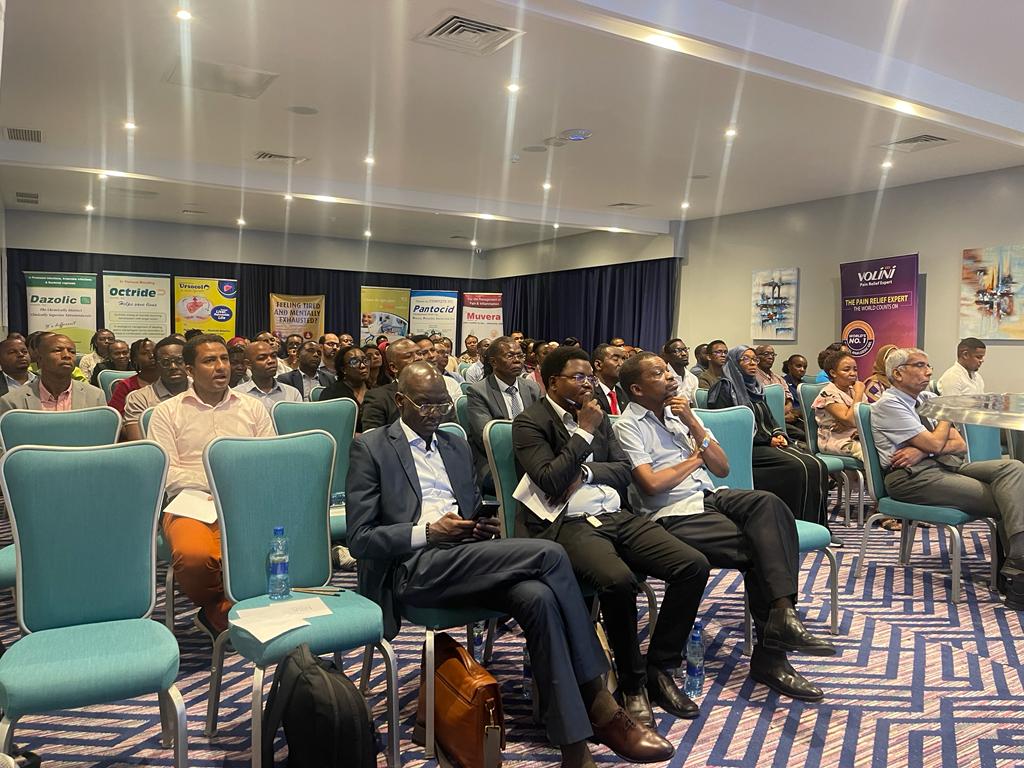
Coincidentally, we will also be holding an annual meeting of the Association of Physicians of Tanzania (APHYTA), where we expect to delve into various aspects of internal medicine alongside factors impacting healthcare delivery across facilities.
For me, both as a physician and the CMO, this upcoming conference presents a crucial opportunity to address critical issues in the Standard Treatment Guidelines (STGs). It’s a platform for us, as opinion leaders, to collaboratively suggest improvements that benefit all Tanzanians. The recent surge in medical technology advancements and the growing importance of data-driven healthcare underline the significant progress we’re witnessing. However, this progress must be balanced against the rise of various diseases, including non-communicable illnesses, which are claiming a significant number of lives in Tanzania.
What the trends mean
These evolving trends necessitate revisions to medical guidelines and protocols. We must ensure our healthcare professionals receive the highest standards of training to tackle these challenges and keep pace with technological advancements.
Why I yearn to participate in the Physicians Conference discussions is because I believe it will offer me with a valuable avenue to exchange experiences with colleagues and share approaches that can significantly contribute to the health and well-being of Tanzanians.
Apart from my physician peers, I expect to interact with stakeholders across the healthcare sector to engage in discussions, share knowledge, and learn from other experts-the health sector is diverse and it’s not just about health but also other aspects of development. If we choose to look at things through this lens, we can collectively contribute to shaping the future of specialized healthcare delivery in Tanzania. I firmly believe that strong professional associations, like APHYTA, play a vital role in guiding our practice. The more robust these associations become, the higher the quality of healthcare we can deliver—this is a fact I have witnessed over the years.
We have to strike a balance
One more thing. While medicine is undeniably dynamic, its fluidity shouldn’t hinder the development of a National Formulary, a standard practice in many countries to ensure order and consistency. I have heard, through our circles as physicians, that there is a pressing need to improve on certain vital aspects of healthcare.
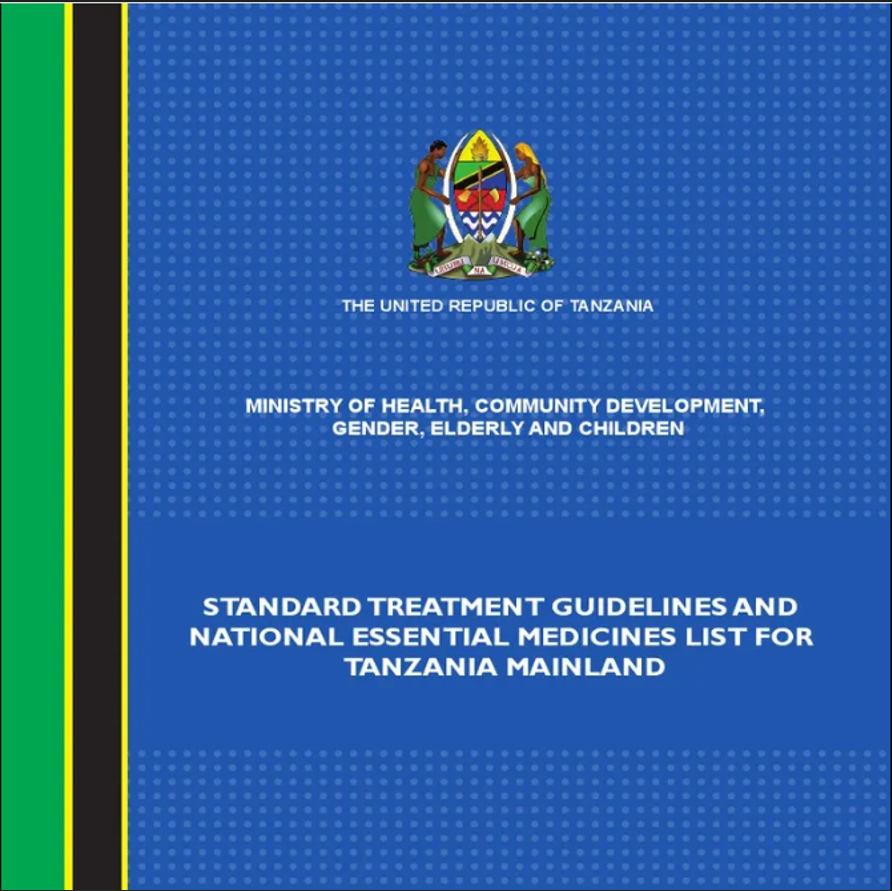
Our current Standard Treatment Guidelines (STGs) are due for review later this year or early 2025, adhering to the established three-year review cycle. Suggestions from physicians, coupled with groundbreaking scientific discoveries with life-saving potential can be incorporated as addendums to the STGs, ensuring our guidelines remain up-to-date.
In the lead-up to the Physicians Conference, I urge APHYTA, as a leading professional association in the field of internal medicine, to undertake a comprehensive review of the STGs and submit recommendations that address any identified weaknesses. This collaborative effort will undoubtedly yield stronger, more effective STGs for Tanzania.
This article has been edited by Dr. Syriacus Buguzi in accordance with the Editorial Policy of MedicoPRESS.

